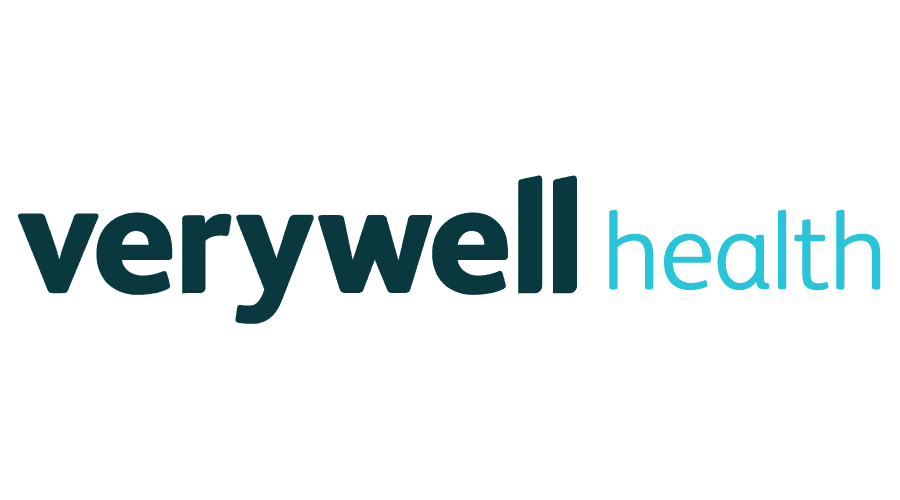Researchers at Michigan Medicine have created a management tool that could improve outcomes for patients with high blood sugar (hyperglycemia) and COVID-19. The research, which was published ahead of print on August 11 in the journal Diabetes, shows a two-way relationship between blood sugar levels and COVID-19.
According to the researchers, having high blood sugar can put patients at risk for more severe illness if they contract COVID-19. The reverse also appears to be true: patients with COVID-19 also are at risk for high blood sugar levels, even if they do not have diabetes.
“Based on current evidence, it’s fair to say that the COVID-19 virus, particularly in its most severe forms, leads to much higher blood glucose levels,” study senior author Rodica Pop-Busui, MD, PhD, tells Verywell. Pop-Busui adds that having high blood glucose levels can also lead to worse outcomes for patients with COVID-19.
If left uncontrolled, the inflammation from COVID-19—often called a “cytokine storm”—can cause complications when coupled with inflammation caused by hyperglycemia.1 It also increases the likelihood of needing mechanical ventilation.
What Is Hyperglycemia?
Sugar (glucose) is necessary for proper organ function. Glucose enters your organs’ cells through a hormone called insulin. If the amount of glucose in your body exceeds the amount of insulin available, the glucose builds up in your blood and causes high blood sugar levels, known as hyperglycemia.
Hyperglycemia is typically defined as a blood sugar level of at least 180 mg/dl or greater when measured one to two hours after eating.2 However, the defined range varies among health organizations. Diabetes mellitus (type 1, type 2, and gestational) is the most common cause.
Michigan Medicine Introduces Hyperglycemia Management Teams
The researchers at Michigan Medicine designed a personalized, targeted clinical algorithm—a set of guidelines that helps healthcare providers make decisions—to help frontline healthcare workers without adding to their already heavy workload.
To put the guidelines into practice, the researchers launched several hyperglycemia management teams that were tasked with:
- Checking patients’ glucose values through venous and arterial blood specimens rather than bedside glucose checks (because it’s more convenient)
- Creating timely insulin dose adjustments multiple times a day
- Reducing the number of glucose checks for most patients to every six hours
Not only did the algorithm lower patients’ glucose levels to an acceptable target range (generally 150-180 mg/dL), it also lessened the burden on frontline health care workers.
“We developed this early in the course of the pandemic, and we have continued to adapt and improve it based on lessons learned daily on the frontlines,” Pop-Busui says. “Others have started to use variations of this algorithm as well.”
What This Means For You
If you have diabetes or even prediabetes, keeping your blood sugar levels well-controlled can help you reduce the risk of complications if you contract COVID-19.
COVID-19 Can Trigger Hyperglycemia
The Michigan Medicine researchers also found that some of the COVID-19 patients who had been referred to them for treatment developed high blood sugar levels even though they did not have diabetes.
“The severe inflammatory reaction triggers insulin resistance and high blood sugar even in people who may not have had known diabetes, but could have been in a prediabetic state,” Pop-Busui says.
A recent study published in the Journal of Medical Virology corroborates this idea, showing that out of 184 patients hospitalized with COVID-19, about 24% of patients were prediabetic.3
Prediabetes is a precursor to type 2 diabetes. According to the Centers for Disease Control and Prevention, more than 1 in 3 Americans have prediabetes. Over 84% of people with prediabetes are unaware that they have it.4
However, factors beyond diabetes and prediabetes can contribute to high blood sugar.
“[Patients with hyperglycemia] may also simply have stress hyperglycemia, which can occur from the stress of illness,” Roma Gianchandani, MD, another author of the Michigan Medicine study, tells Verywell,
Regardless of whether patients have prediabetes, diabetes, or stress hyperglycemia, Pop-Busui says their high blood sugar levels need immediate and sustained treatment.
Risks of Untreated Hyperglycemia
Romy Block, MD, an endocrinologist and co-founder of Vous Vitamin, tells Verywell that long-term, high blood sugars can directly injure blood vessels. Several health problems can result from this damage, including:5
- Eye problems (including blindness)
- Heart disease (which can lead to a heart attack or stroke)
- Kidney damage (which may require dialysis or a kidney transplant)
“In many medical conditions, tightly controlled sugars can decrease the duration of illness and decrease the [number of] days spent in the hospital,” Block says.
Treatment for hyperglycemia usually includes the administration of insulin—either given intravenously (directly into your vein) or under the skin—to bring down high blood sugar levels.
Read the article here: Managing High Blood Sugar Is Key To Reducing COVID-19 Complications: Study

